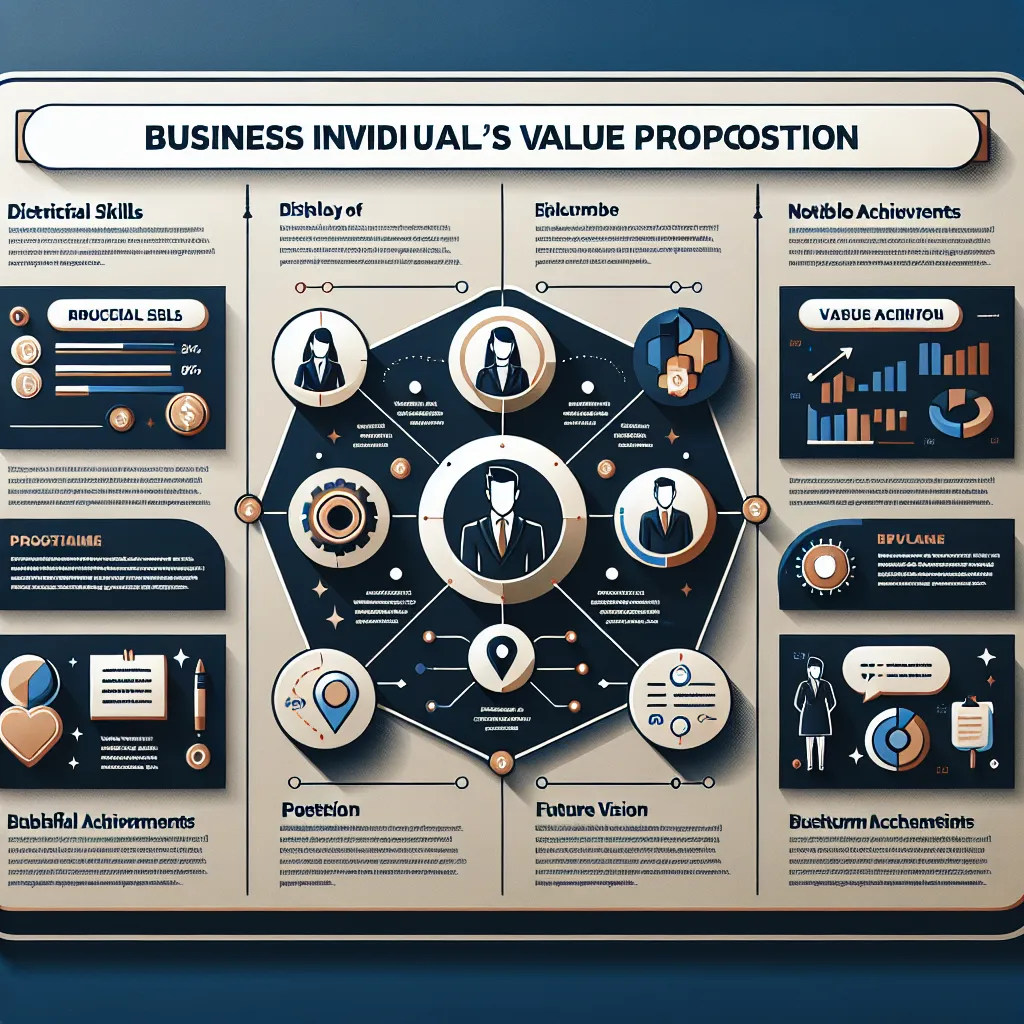Are you gearing up for an executive leadership interview? This pivotal moment in your career requires thorough preparation and a strategic approach. In this comprehensive guide, we’ll walk you through the essential steps to ace your executive leadership interview and stand out as the ideal candidate.
Understanding the Executive Leadership Interview
An executive leadership interview is a high-stakes evaluation process designed to assess your ability to lead at the highest levels of an organization. It goes beyond typical job interviews, delving deep into your leadership philosophy, strategic thinking, and ability to drive organizational success.
What Interviewers Look for in Executive Leadership Candidates
When conducting executive leadership interviews, recruiters and hiring managers focus on several key areas:
- Strategic Vision: Your ability to set long-term goals and chart a course for the organization.
- Leadership Skills: How you inspire, motivate, and develop teams.
- Decision-Making Abilities: Your approach to complex problem-solving and critical thinking.
- Industry Knowledge: Your understanding of market trends and competitive landscapes.
- Cultural Fit: How well you align with the company’s values and culture.
 Executive Leadership Interview
Executive Leadership Interview
Preparing for Your Executive Leadership Interview
Researching the Company and Industry
Before your interview, conduct thorough research on the company and its industry. This includes:
- Analyzing the company’s financial reports and strategic plans
- Understanding the competitive landscape
- Identifying key challenges and opportunities in the industry
This knowledge will allow you to speak intelligently about the company’s position and demonstrate your strategic thinking abilities.
Crafting Your Leadership Story
Prepare a compelling narrative that highlights your leadership journey. This should include:
- Key milestones in your career
- Significant challenges you’ve overcome
- Examples of how you’ve driven organizational success
Your story should illustrate your leadership style and showcase your ability to adapt and grow in various roles.
Preparing for Common Executive Interview Questions
While each interview is unique, there are common themes in executive leadership interviews. Here are some questions you might encounter, along with tips on how to answer them:
-
“Tell us about a time when you led a significant change in your organization.”
- Focus on your strategic approach, how you managed resistance, and the positive outcomes achieved.
-
“How do you foster innovation within your team?”
- Discuss your methods for encouraging creativity, managing risk, and implementing new ideas.
-
“Describe your approach to building and leading high-performing teams.”
- Highlight your ability to recruit top talent, develop skills, and create a positive team culture.
-
“How do you handle conflicts at the executive level?”
- Emphasize your diplomatic skills, ability to find common ground, and focus on organizational goals.
-
“What’s your vision for our company in the next five years?”
- Demonstrate your strategic thinking by outlining a clear, ambitious, yet achievable vision based on your research.
Demonstrating Your Value
Be prepared to articulate your unique value proposition. This should include:
- Specific skills and experiences that set you apart
- Quantifiable achievements from previous roles
- Your vision for contributing to the company’s success
Use the STAR method (Situation, Task, Action, Result) to structure your responses and provide concrete examples of your leadership impact.
 Executive Value Proposition
Executive Value Proposition
Handling Tough Interview Scenarios
Addressing Knowledge Gaps
If you’re asked about an area where your knowledge is limited:
- Be honest about your current level of knowledge.
- Express eagerness to learn and adapt quickly.
- Relate the topic to similar experiences where you’ve successfully acquired new skills.
Common Mistakes to Avoid
- Overconfidence: While confidence is crucial, avoid coming across as arrogant.
- Lack of Specificity: Always back up your claims with concrete examples and data.
- Ignoring Company Culture: Ensure your responses align with the company’s values and culture.
- Failing to Ask Questions: Prepare thoughtful questions that demonstrate your interest and insight.
Follow-up Questions and Responses
Be prepared for follow-up questions that dig deeper into your initial responses. Here are some examples:
-
Q: “You mentioned leading a digital transformation. How did you measure its success?”
A: “We tracked key performance indicators such as adoption rates, efficiency improvements, and customer satisfaction scores. Within six months, we saw a 30% increase in productivity and a 25% improvement in customer satisfaction.” -
Q: “How would you address resistance to change from long-standing executives?”
A: “I would start by understanding their concerns, clearly communicating the reasons for change, and involving them in the planning process. I’ve found that creating a sense of ownership often turns resistors into champions.” -
Q: “Can you elaborate on how you’ve mentored future leaders?”
A: “I’ve implemented a structured mentorship program that pairs high-potential employees with executives. This program includes regular one-on-one sessions, stretch assignments, and leadership training. As a result, 60% of our current senior management were promoted from within.” -
Q: “How do you stay informed about emerging trends in our industry?”
A: “I regularly attend industry conferences, participate in executive forums, and maintain a network of thought leaders. I also dedicate time each week to reading industry publications and reports from leading consulting firms.” -
Q: “Describe a situation where you had to make a difficult decision with limited information.”
A: “In my previous role, we faced a sudden supply chain disruption. With limited data, I had to decide whether to invest in alternative suppliers or risk production delays. I quickly gathered input from key stakeholders, analyzed potential scenarios, and ultimately decided to diversify our supplier base. This decision, while costly in the short term, ensured our long-term resilience.”
Conclusion
Preparing for an executive leadership interview requires a blend of self-reflection, strategic thinking, and thorough research. By understanding what interviewers are looking for, crafting compelling responses, and avoiding common pitfalls, you can position yourself as the ideal candidate for the role.
Remember, the key to success lies not just in showcasing your past achievements, but in demonstrating how your leadership can drive the organization forward. As you prepare, focus on articulating your vision, your ability to execute, and your readiness to tackle the challenges that lie ahead.
For more insights on interview preparation, check out our guides on how to prepare for a leadership interview and how to describe your skills in an interview.
Good luck with your executive leadership interview!




